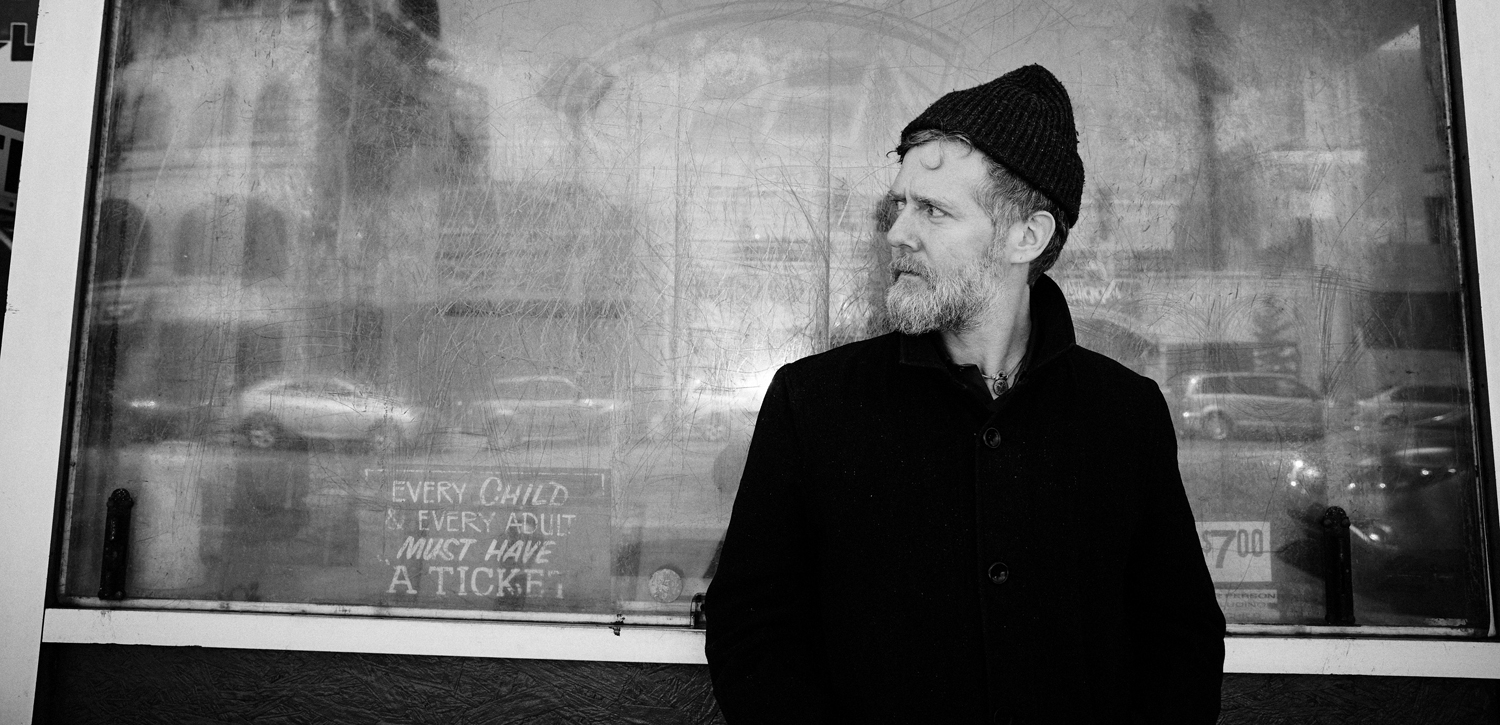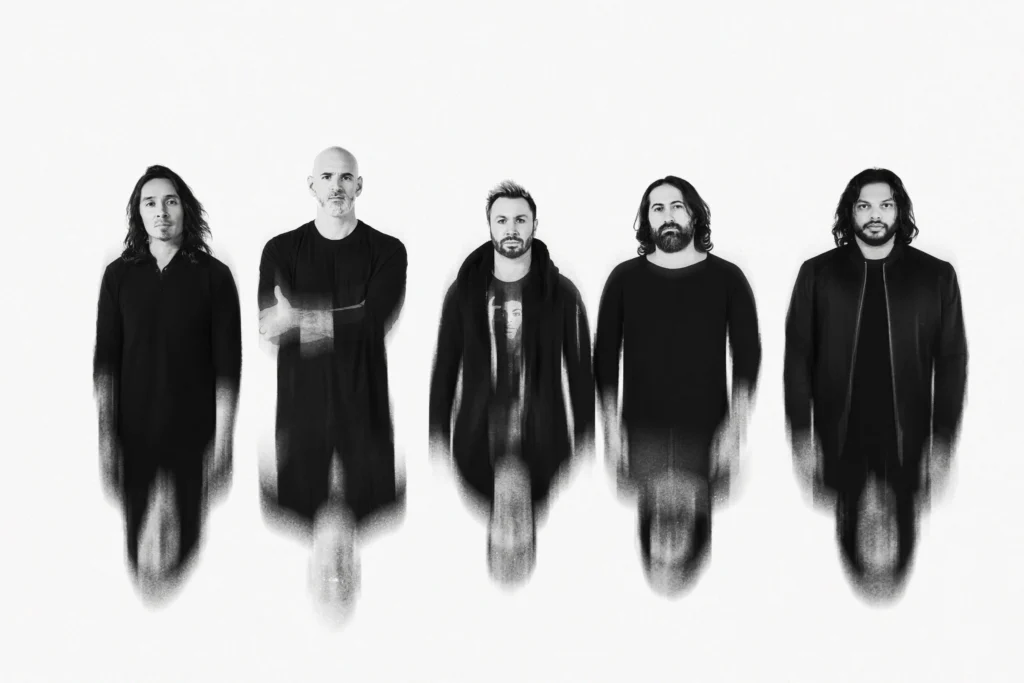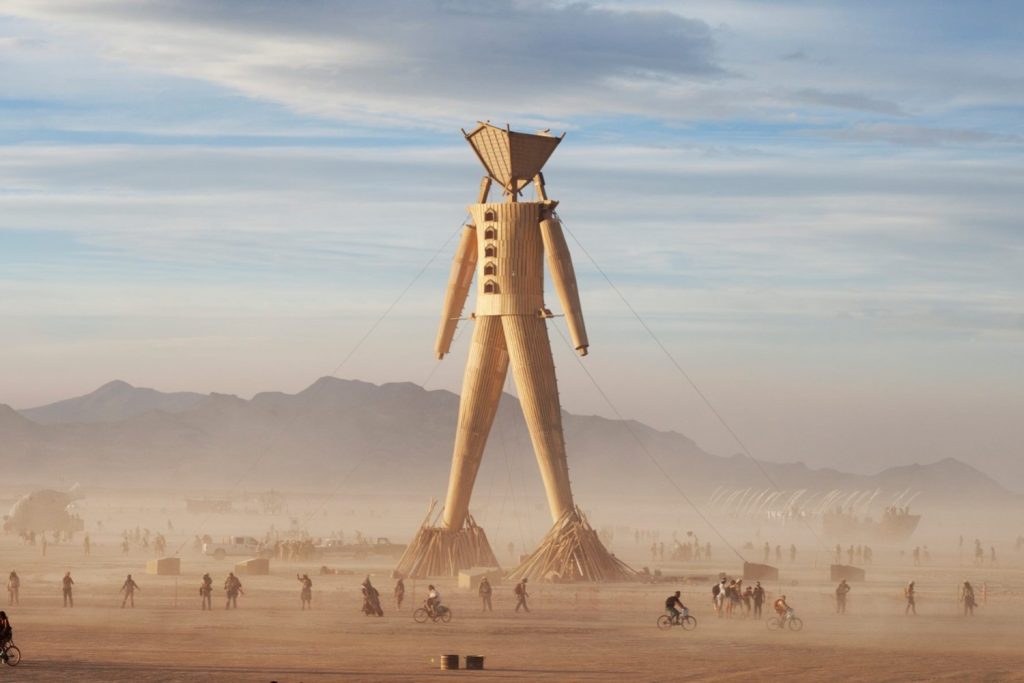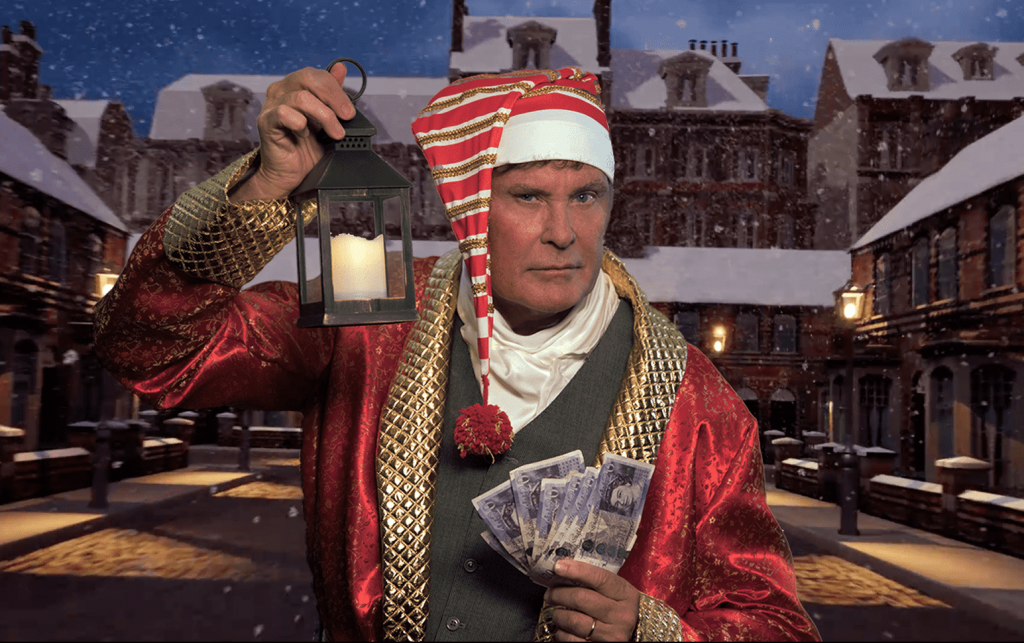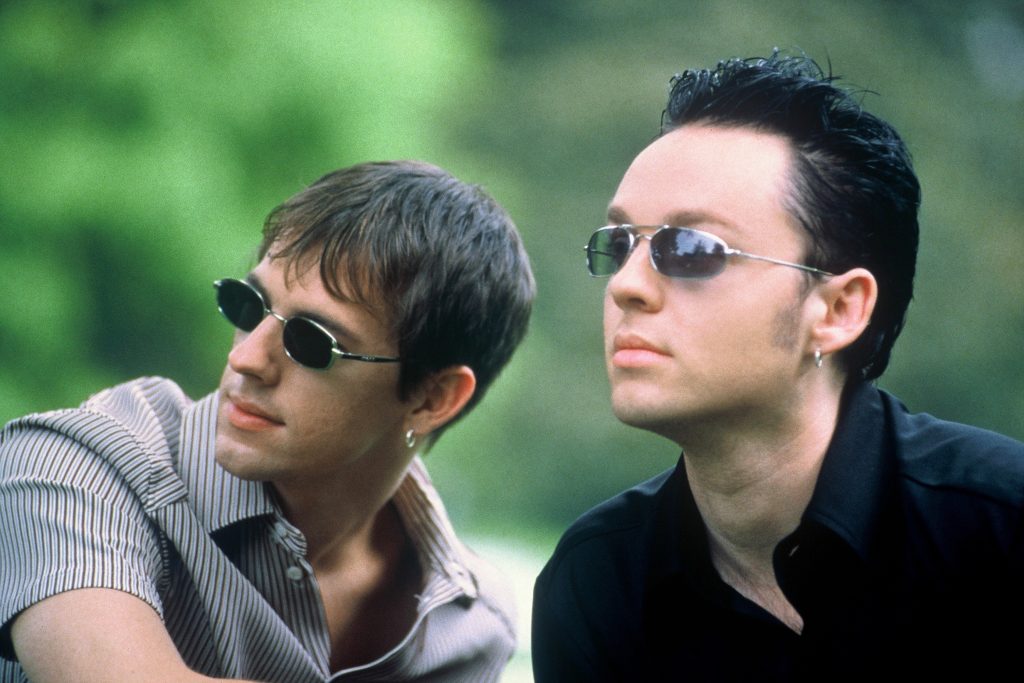“Touring is such a strange, nomadic thing,” Hansard says, “It’s a fascinating existence, and when I think about it, it seems to be everything I hoped it would be. When I think back to the sixteen-year-old Glen, who had a wish to play music and was busking every day, everything now seems exactly where I would have it. The path to it hasn’t exactly been what I imagined. Touring, it feels like a wonderful thing. To go to Australia and be fairly confident that there are people who are wanting to hear what you have to say, it changes the relationship of what you do.
“You might go into a small town in the middle of Spain and play for 300 people, and the next night be in Vienna playing for 3000. You need to constantly be readjusting your expectations, and at the same time staying true to what you do. If I’m searching, doing my thing, and doing it for real, and somebody else has the opportunity to catch something, that’s real to them. But if I’m just going up there every night and doing a show, then it’s just entertaining. Which isn’t vacuous, but it also isn’t that interesting for me. If I catch myself doing that, which I do sometimes, just being the singing, dancing monkey, then I have to remember, ‘Fuck, that’s not good enough.’ You have to find the centre of your song again, and if you can’t, then you’re really in trouble.”
Look no further than Say It To Me Now or Bird of Sorrow, and the scope of his catalogue for proof of the power of Hansard’s voice. Chief among the reasons many rate Hansard as a musician is that the quality of songwriting hasn’t dipped as his career has advanced. Innumerable artists find their peak early and then dip to a steady plateau, and that fear of running out of things to say is never far away.
“The bottom of the keg is something every single musician fears and at some point probably reaches. The point where you really have nothing more to report, or the songs you’re writing now are just rehashes of songs you wrote years ago. That shit happens, and that’s the fear. Even talking about it now gives me the heebie-jeebies,” Hansard says.
“I have another record to write now, another [solo] Glen Hansard record I think. I’ve got a couple of ideas, a couple of orphans scrambling around. They don’t look like much. They might dress up lovely when I put a band on them, or I might try them out acoustic and see how they stand up skinny warts and all. But you can’t just switch it on. I’m not the kind of person who wakes up in the morning, makes coffee and sits down at the piano. It’s very hard to call yourself a songwriter, because there is no mastery in it. You’re constantly being surprised by it, there is no formula. Someone asked me to give a few days of a class on songwriting in Ireland, and I had to ask myself how it’s done, and there’s no answer.”
Talking with Hansard, you quickly come to suspect that were he to indeed settle on an answer – some simple solution to corral a song into shape – he wouldn’t stay satisfied for long. Part of the craft is the struggle, the efforts to turn over distant stones and find fresh perspective. To that end, his latest album, Didn’t He Ramble, is rather telling.
“I think every artist goes through that. You lose perspective, and I think that’s the one thing you hang on to in your life as a creative person. Do I believe this? That should be your criteria. If I believe it, then that’s all that should matter,” he says.
“Some songs, when you finish them you sincerely think that you nailed something, and a couple of years later suddenly it’s like, “Jesus, I’ve totally lost contact with whatever this was. I don’t believe it anymore, and I don’t believe the guy who’s singing it.” It’s funny when people ask for a song that you’re not believing. That’s a time you’ve got to reckon with yourself. Look, I can do what’s being asked of me here, or I can be true to myself. If you don’t believe it, the best thing you can do is respect it by not singing it at all.”
BY ADAM NORRIS
